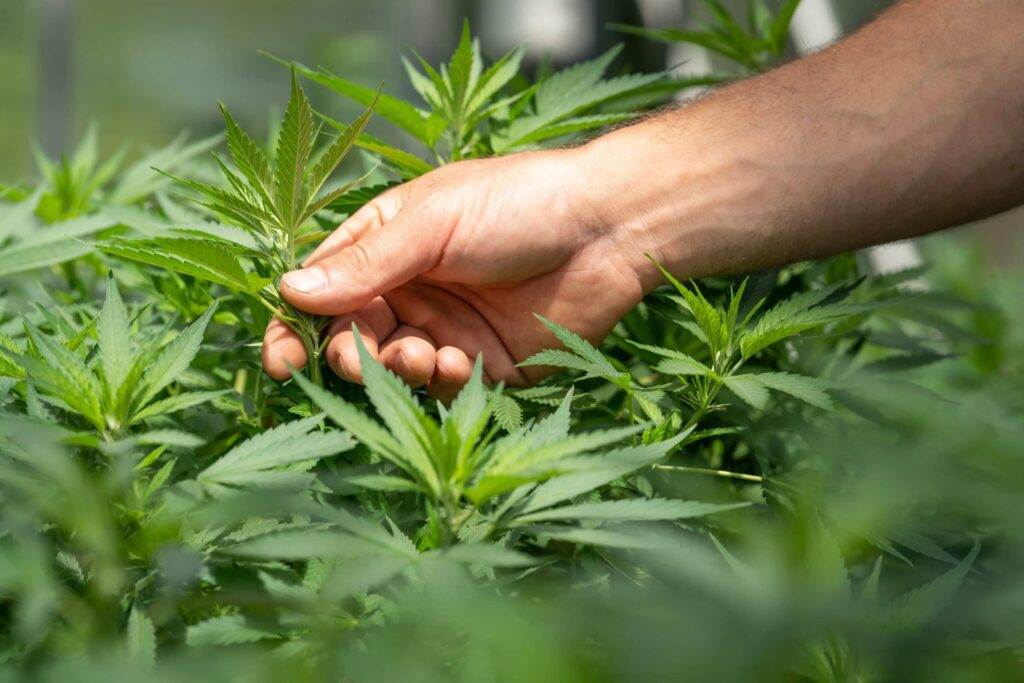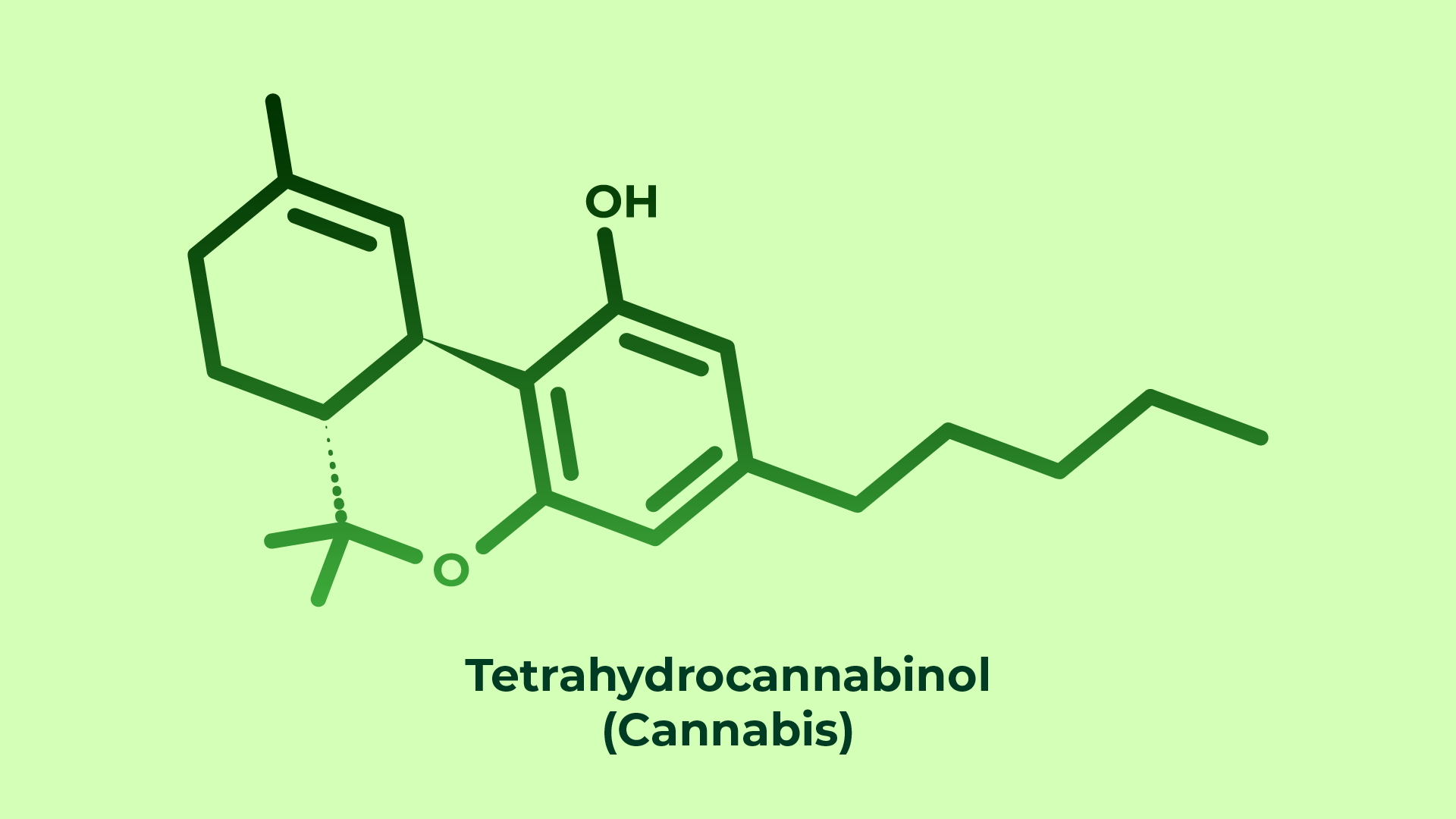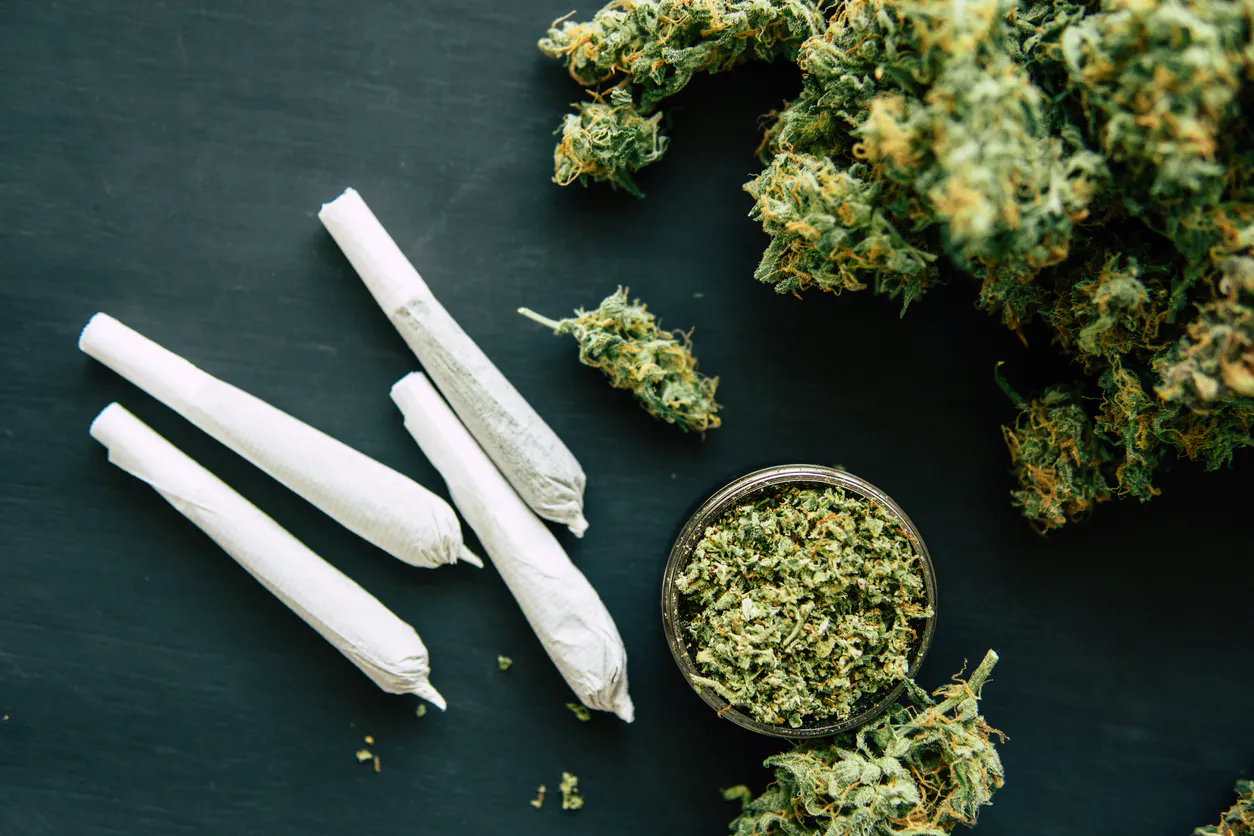Cannabis
What is Tetrahydrocannabinol (THC)
Tetrahydrocannabinol, commonly known as THC, is a powerful compound found in the Cannabis plant. It is responsible for the psychoactive effects that have made marijuana a popular recreational drug. However, THC is more than just a recreational substance. It has also been the subject of extensive research for its potential medicinal properties. In this comprehensive guide, we will explore the various aspects of THC, its effects on the body, its risks, medicinal uses, concentrations in cannabis, and much more.
Introduction to Tetrahydrocannabinol (THC)
Tetrahydrocannabinol (THC) is the primary psychoactive compound found in the Cannabis plant. It is responsible for the euphoric and mind-altering effects commonly associated with marijuana use. THC interacts with cannabinoid receptors in the brain, affecting various cognitive and physiological functions.
How THC Affects the Body
THC and the Brain
THC binds to cannabinoid receptors concentrated in brain regions associated with memory, pleasure, coordination, and time perception. This interaction leads to the activation of these receptors and influences a person’s memory, pleasure, movements, thinking, concentration, coordination, and sensory perception.
Hallucinations and Cognitive Effects
THC can induce hallucinations, alter thinking, and cause delusions. The effects typically last for about two hours, with onset occurring within 10 to 30 minutes of ingestion. Psychomotor impairment may persist even after the perceived high has subsided.
Duration and Psychomotor Impairment
The effects of THC are dose-dependent, with higher doses leading to longer-lasting and potentially more intense effects. Psychomotor impairment, which can affect tasks such as driving, may continue for approximately three hours after consumption.
Modulation of Negative Effects by Other Compounds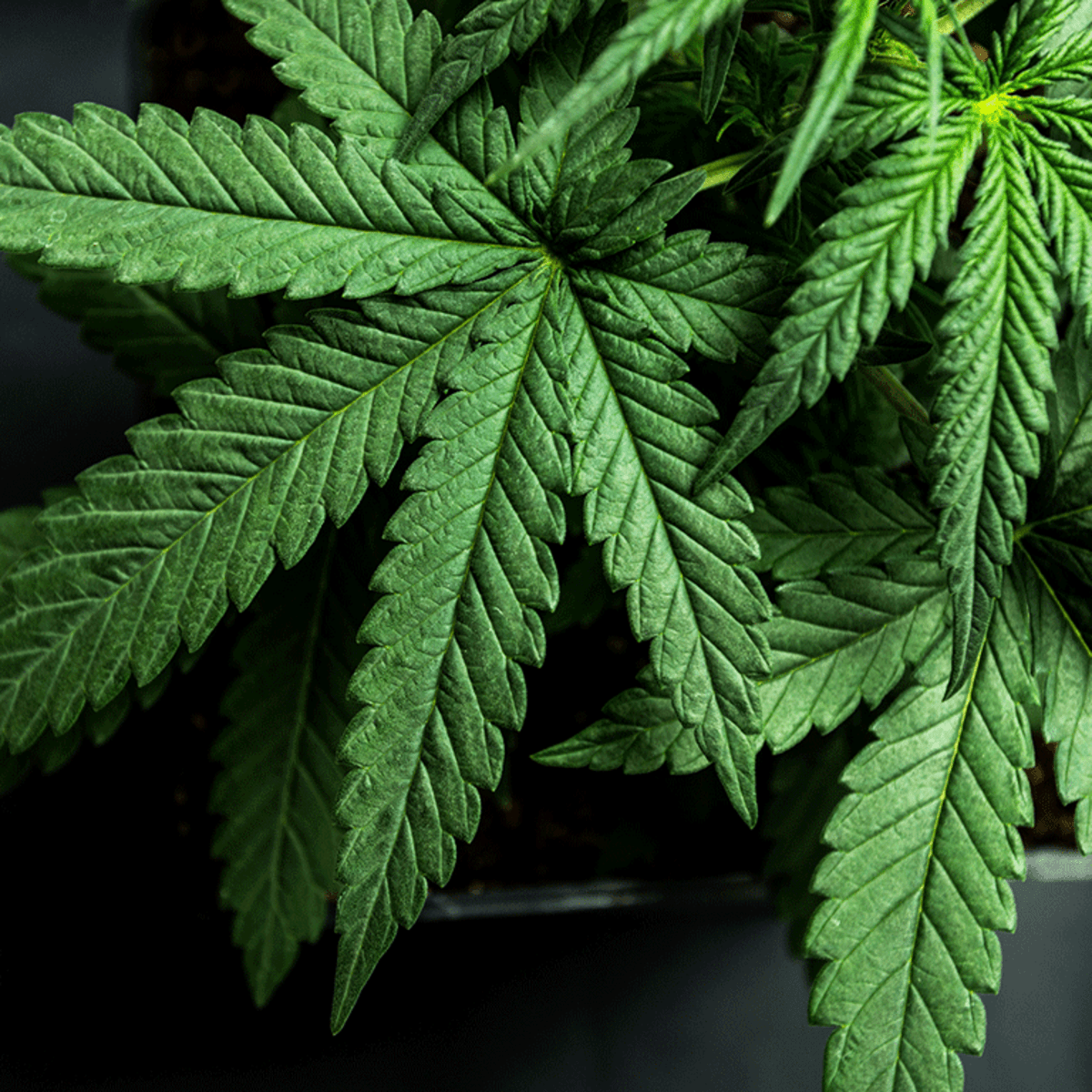
While THC can produce side effects such as elation, anxiety, and short-term memory recall issues, other cannabinoids and terpenes found in cannabis can modulate and reduce these negative effects. Studies have shown that certain compounds may counteract the adverse effects of THC.
Risks Associated with THC Consumption
Mental Health Concerns
THC use can trigger relapses in individuals with schizophrenia and may lead to psychotic symptoms such as delusions and hallucinations. However, the causal link between cannabis use and the development of psychosis is still under investigation and may require high doses, prolonged use, or preexisting genetic vulnerabilities.
Impaired Motor Skills
THC can impair motor skills, making tasks such as driving dangerous. It ranks as the second-most common psychoactive substance found in drivers, following alcohol. Medical marijuana users are advised not to drive until they can tolerate it and successfully perform motor tasks.
Impact on Younger Individuals
Early marijuana use, especially during adolescence, can have negative effects on cognitive function and academic performance. Studies have shown that individuals who start smoking marijuana around age 14 perform worse on cognitive tests and have a higher school dropout rate compared to non-smokers.
Potential Long-Term Effects
While researchers are still studying the long-term effects of THC, some studies have suggested potential risks, particularly in younger individuals, such as associations with decreased IQ, memory, and cognitive function. There is also speculation about its impact on fertility and airway function, but further research is needed to draw definitive conclusions.
Drug Interactions
THC can interact with certain medications, potentially increasing or decreasing their effectiveness. It is important to consult with a healthcare professional before using THC or cannabis products while taking other medications to ensure safety and avoid potential adverse reactions.
Medicinal Uses of THC
Historical Perspective
Ancient civilizations recognized the potential therapeutic properties of THC and utilized it in various traditional medicine systems, using it for thousands of years for medicinal purposes.
Legalization and Medical Marijuana
In recent years, the use of medical marijuana, including THC, has gained acceptance in many parts of the world. More than half of the United States has legalized medical marijuana, recognizing its potential benefits in treating various health conditions.
FDA-Approved THC Medication
The FDA has approved Dronabinol, a synthetic THC formulation, for the relief of chemotherapy-induced nausea and vomiting and for increasing appetite in individuals with AIDS.This medication, available in oral capsule form, has shown efficacy in clinical trials.
Additional Medical Benefits of THC
Beyond its well-established palliative effects, THC has shown promise in various other medical applications. Research suggests its potential as an anticonvulsant, muscle relaxant, bronchodilator, immunomodulator, and even as a potential treatment for certain types of cancer. However, further studies are needed to fully understand and utilize these therapeutic properties.
Overdose and Edibles
The Rise of Edibles
States where marijuana is legalized have seen a rising popularity in edibles, which infuse THC into food products. However, they pose a significant risk of overdose due to their high potency and the tendency to consume larger quantities than recommended.
Potency and Duration of Edibles
When THC is ingested through edibles, it undergoes a different metabolic process compared to inhalation. This can result in a longer duration of effects, with edibles lasting six to eight hours. The intensity of the high can also be greater, leading to potential overdoses and visits to the emergency room.
Concentrations of THC in Cannabis
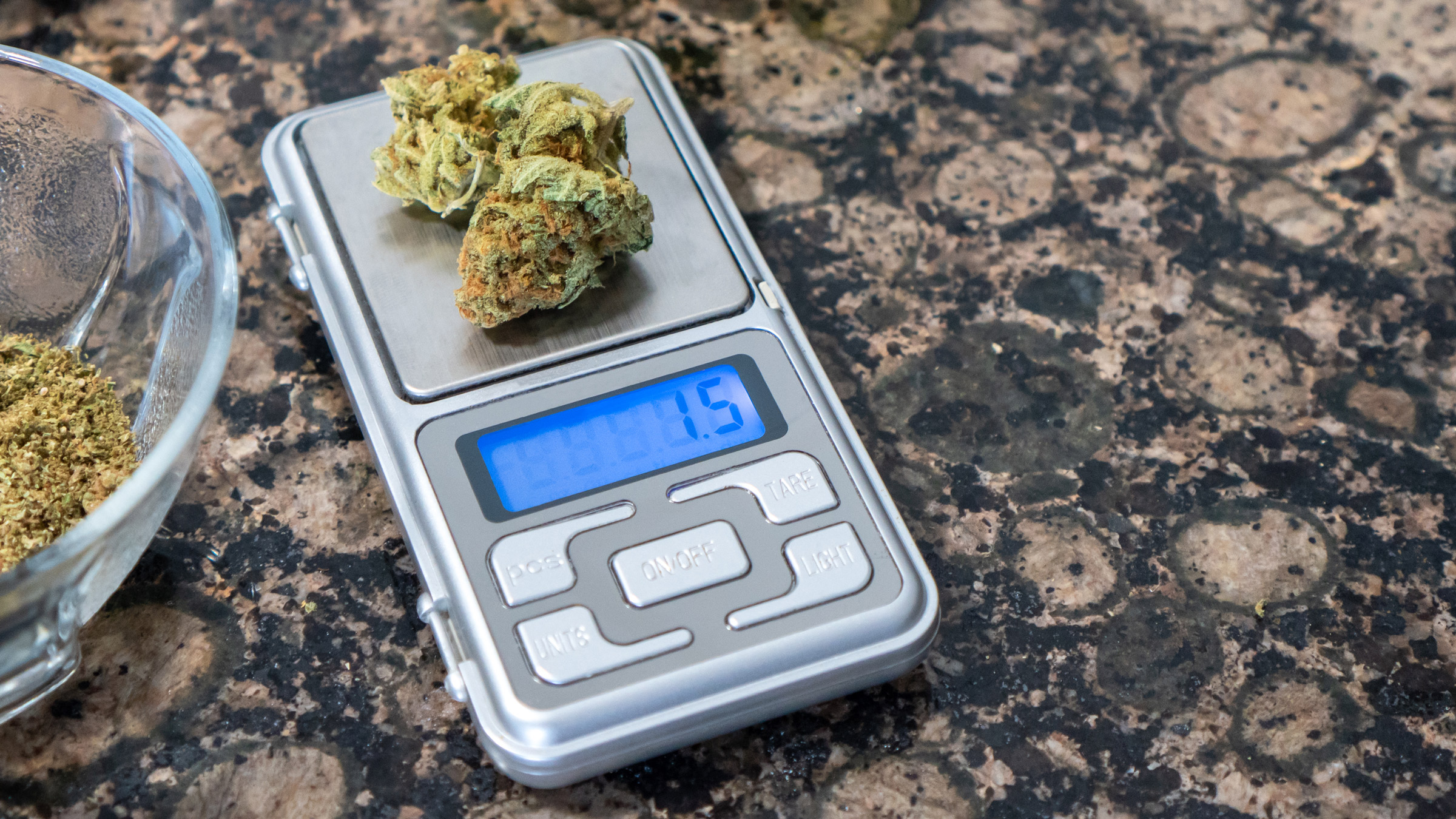
THC Degradation and Cannabinol
Over time, Tetrahydrocannabinol (THC) can degrade into cannabinol (CBN), another cannabinoid that has its own psychological effects. Factors like exposure to air and storage conditions influence the rate of degradation.
Hemp and Low-THC Cannabis
Hemp, a variety of Cannabis sativa L., contains minimal amounts of THC, often as low as 0.5 percent. Primarily, it serves industrial and medical purposes and does not generate the psychoactive effects associated with marijuana.
THC Concentration in Different Forms of Cannabis
The concentration of Tetrahydrocannabinol (THC) in cannabis can vary significantly depending on the strain and cultivation methods. Marijuana typically contains 1 to 5 percent THC, while hashish can have concentrations of 5 to 15 percent. Hashish oil, a highly concentrated form of THC, averages around 20 percent.
Conclusion
Tetrahydrocannabinol (THC) plays a central role in the psychoactive effects of marijuana. Its interaction with cannabinoid receptors in the brain influences various cognitive and physiological functions. While THC has recreational use, it also holds potential as a medicinal compound. However, it is important to consider the risks associated with its consumption, such as mental health concerns and impaired motor skills. Ongoing research is shedding light on the potential benefits and long-term effects of THC, opening new avenues for its therapeutic application. As legalization and acceptance of medical marijuana continue to grow, the full potential of THC as a medical treatment awaits further exploration.

